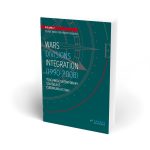The Joint History Textbooks collection provides a thorough and detailed examination of a significant historical period, beginning in the 14th century and the rise of the Ottoman Empire in the Balkans, and ending with the cessation of the Cold War and the disintegration of Yugoslavia, with a small glimpse into the challenges of the 21st century.
These volumes offer a comprehensive, source-oriented perspective that facilitates an exploration of numerous themes: from the nation-building processes in Southeastern Europe, which occurred in different stages for various nations, to the significance of the Balkan Wars and political processes that followed; from the region’s devastation during the Second World War and the post-war reconstruction of new societies, to ideological conflicts of the Cold War and their repercussions in the region, as well as later challenges during the dissolution of Yugoslavia. The final volume is specifically dedicated to these events, alongside the political and economic transition following the collapse of communism, and the contemporary future of the region, which strives for European integration.
Through carefully selected historical events and firsthand testimonies, the books illuminate not only major political and military developments but also present history through the lens of individual lives and personal destinies. All six volumes aim to offer fresh and different perspectives on historical processes and remind us of those who shaped Southeastern Europe. The textbooks are designed to be equally accessible and engaging for scholars, students, and general readers with an interest in history.
The Ottoman Empire
Discover the Ottoman Empire through 100 fascinating stories that bring its history to life. From legendary battles and political intrigue to the daily experiences of ordinary people, this book offers a unique glimpse into one of history’s greatest empires.
Explore its rich culture, art, and religious traditions while uncovering the institutions that sustained it for centuries. Featuring carefully selected historical documents, this collection lets you experience the past through the voices of those who lived it. Whether you’re a history enthusiast or just starting to explore the Ottoman world, this book is an engaging and accessible guide to its most important moments.
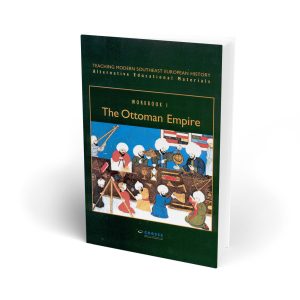
Download
Nations and States in Southeast Europe
How did the Balkan nations shape their destiny through two centuries of struggle for liberation and statehood? Nations and States in Southeast Europe explores this complex history through 150 carefully selected episodes, offering insights from multiple national perspectives. Authentic documents trace ideologies, liberation movements, and state formation, revealing the region’s intricate historical paths.
By comparing national goals and tensions, readers gain a deeper understanding of its political and social dynamics. Clear analytical keys, maps, and a chronology aid contextualization. This book is an essential guide for anyone—from scholars to history enthusiasts—seeking to understand the unique historical forces that shaped Southeastern Europe.
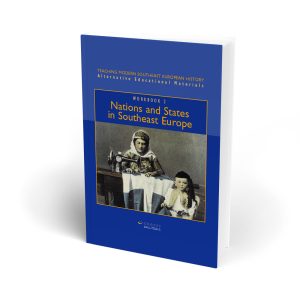
Download
The Balkans Wars
This volume is essential for anyone interested in the Balkan Wars. It delves into both the complex historical processes and the everyday lives of people in the Balkans before the conflict, covering key topics such as population shifts, economic conditions, and cultural traditions. It also examines national ideologies and the war itself, bringing history to life through a wealth of images, documents, charts, and cartoons.
Beyond the devastation and human loss, the book highlights the struggles of survivors—poverty, starvation, and displacement. Offering a comprehensive perspective, it presents the Balkan Wars through the experiences of all the states and peoples involved.
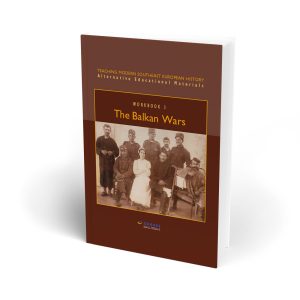
Download
The Second World War
Many books have been written about World War II, but few are as interesting and detailed as this one. It takes an encyclopedic approach, covering anything from the political environment and a list of prominent people to a summary of pronouncements, posters, and political decisions that influenced the course of the war.
Along with a detailed recounting of significant military operations, equal emphasis is paid to people’s daily lives during war, the destinies of civilians and soldiers, and the atrocities brought about by the fight. At the same time, through contrasts, it reveals stories of solidarity and humanity that survived in spite of the war’s havoc.
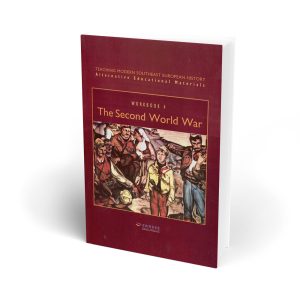
Download
The Cold War (1944-1990)
The Cold War was more than just a conflict between superpowers; its aftermath continues to shape the region we live in today. This book guides readers through 300 episodes, shedding light on this era through political intrigues such as Tito and Stalin’s split, as well as the everyday struggles faced by ordinary people.
Literature, film, and sports served as tools for both propaganda and resistance, while migration, agrarian reforms, and industrialization transformed societies. Each chapter encourages readers to reflect on these events, exploring differences between nations and within social groups. This is a book that not only illuminates the past but also inspires a critical analysis of its impact on the present.
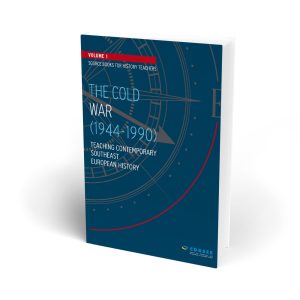
Download
Wars, Divisions, Integration (1990-2008)
The 1990s and early 2000s were turbulent decades for the post-Yugoslav countries as they sought new identities amid political, economic, and social upheaval. The book draws upon 250 historical sources to explore the transformation of the former Yugoslavia, with a focus on the first multi-party elections and the development of new national symbols.
Additionally, it examines topics such as the Cyprus conflict, broadening regional awareness of significant historical and ethnic complexities. Special emphasis is placed on war, atrocities, ethnic cleansing, heritage destruction, and anti-war movements. The book also delves into privatization, deindustrialization, and rising inequality, while exploring the role of religion, culture, and sports in shaping new identities.
